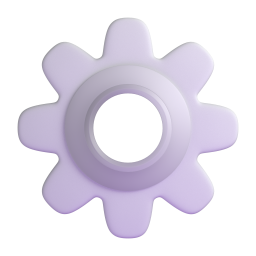

It’s also worth noting I’ve recently been seeing a lot of Linux posts from people who just switched, this was somewhat of a trend on Reddit as well but imo the Linux posting has gotten noticeably less toxic toward newer users and a lot more understanding of the “using Linux without wanting to spend hours configuring everything” perspective.
Side point that’s somewhat related to that: I wonder how the growth of other platforms FOSS platforms like Lemmy, Mastodon, Matrix, etc. has impacted Linux project development. Not sure if it’s just me but it seems like it’s helped a lot with making Linux communities more accessible.










I’m not the biggest distrohopper but I have tried a few, both on my laptop and desktop. I still keep windows around on a dual-boot but I’m basically only using it for the odd game or two and also onenote (obsidian + excalidraw comes close but nothing really has a seamless transition between pen and typing text like OneNote)
Early 2018 and before:
Windows only
2018-19:
2019-2022:
2022-2023:
2024:
Future?
Maybe if I can get my NixOS config to a point where I’m happy with it I’ll switch my desktop setup to that as well, in theory it should be pretty painless since i’m already using a flake setup split across multiple modules. I do really like that I can experiment with my setup without the risk of actually breaking anything since NixOS is semi-immutable.
If I don’t stick with NixOS I’ve also been thinking about trying fedora, opensuse, or an immutable distro, or otherwise just moving my laptop back to either Arch or EndeavourOS since that’s what I’m familiar with.